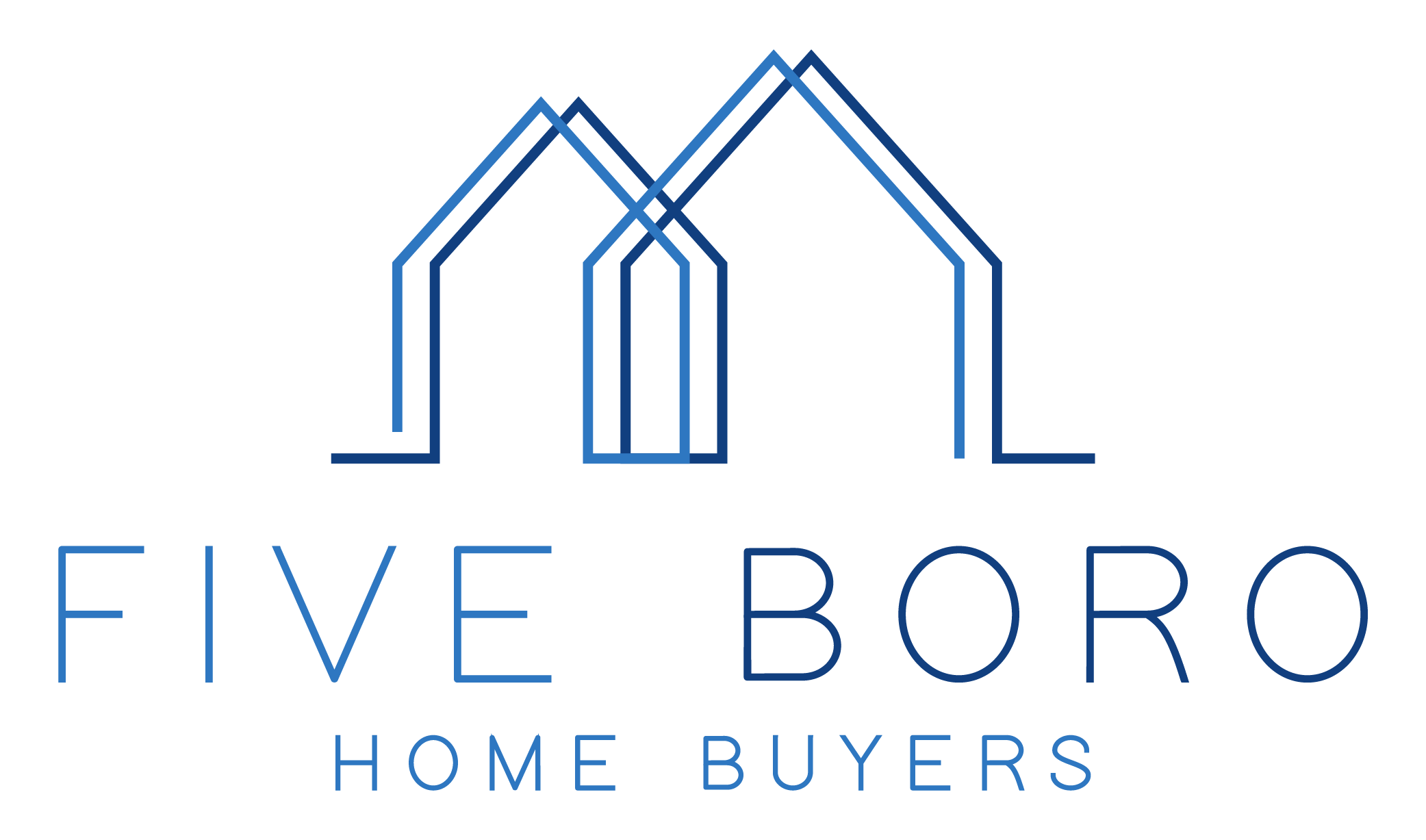You have probably come across statements like; “I want to sell my house quick,” and you never really know what you should tell them. Well, here are some tips that your friends can incorporate and sell homes for cash within a short period.
1. Use Real Estate Agents
Many homeowners make the error of selling their houses within a short period on their own. That is not possible. If you want to sell your house for cash, you have to involve experienced real estate agents. There are hundreds of documents that one needs to fill and get approvals from local authorities. Real estate agents are conversant with filling the papers, and they will do it without problems.
2. Price Accordingly
It is logic to sell my house quickly with the highest prices. It is evident that every person wants to make profits, and they will only be able to achieve that by selling their houses at the highest prices possible. However, that won’t work, and you could spend some time looking for buyers. The best alternative is to make sure that you price your property accordingly. Try and understand the price of other properties in the same area and you those prices as a benchmark to price your property.
3. Use Professional Photography
If you want to sell your house quick, you have to make sure that you attract potential buyers through the photos that you will be using. Keep in mind that every potential buyer is highly interested in the appearance of the house. No one will pay $248,000, which is the median price of a home, for a house that is not attractive. You can hire a professional photographer to capture your property at all angles so that it can be appealing to the buyers.
4. Use Online Platforms
Online platforms such as Facebook and Twitter will sell your house fast. Your real estate agent might be using online platforms to market your property, but that is not enough. You need to sell my house quick in online platforms where it can be seen by a large number of people. The good thing with Facebook and other social platforms is that you will not be required to pay to market your home.
Every time you are planning to sell your home for cash, there are different channels you can use and convert your property into cash quickly. You can use real estate agents because they have sufficient information about the market, and they will help you to sell your property without legal issues.




